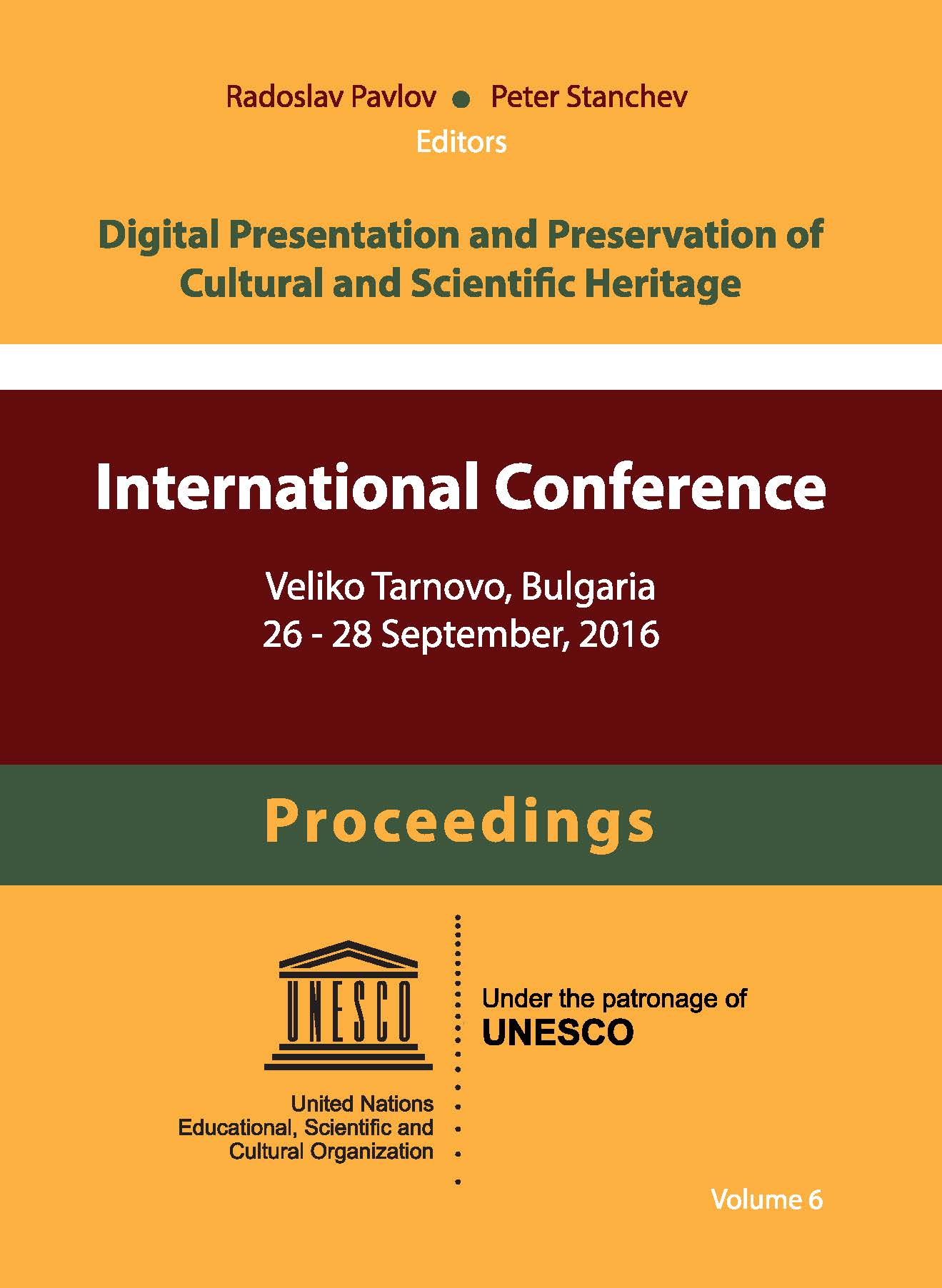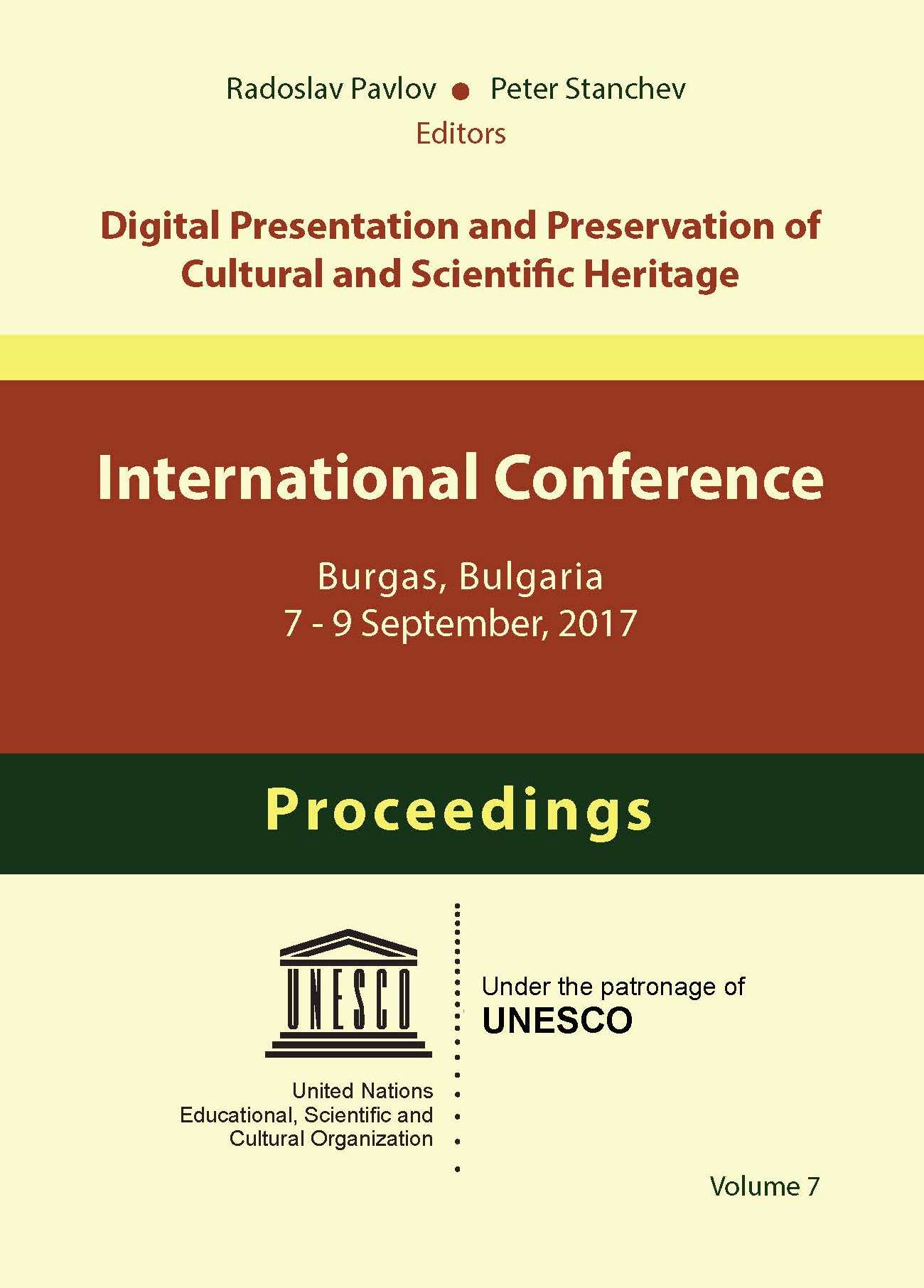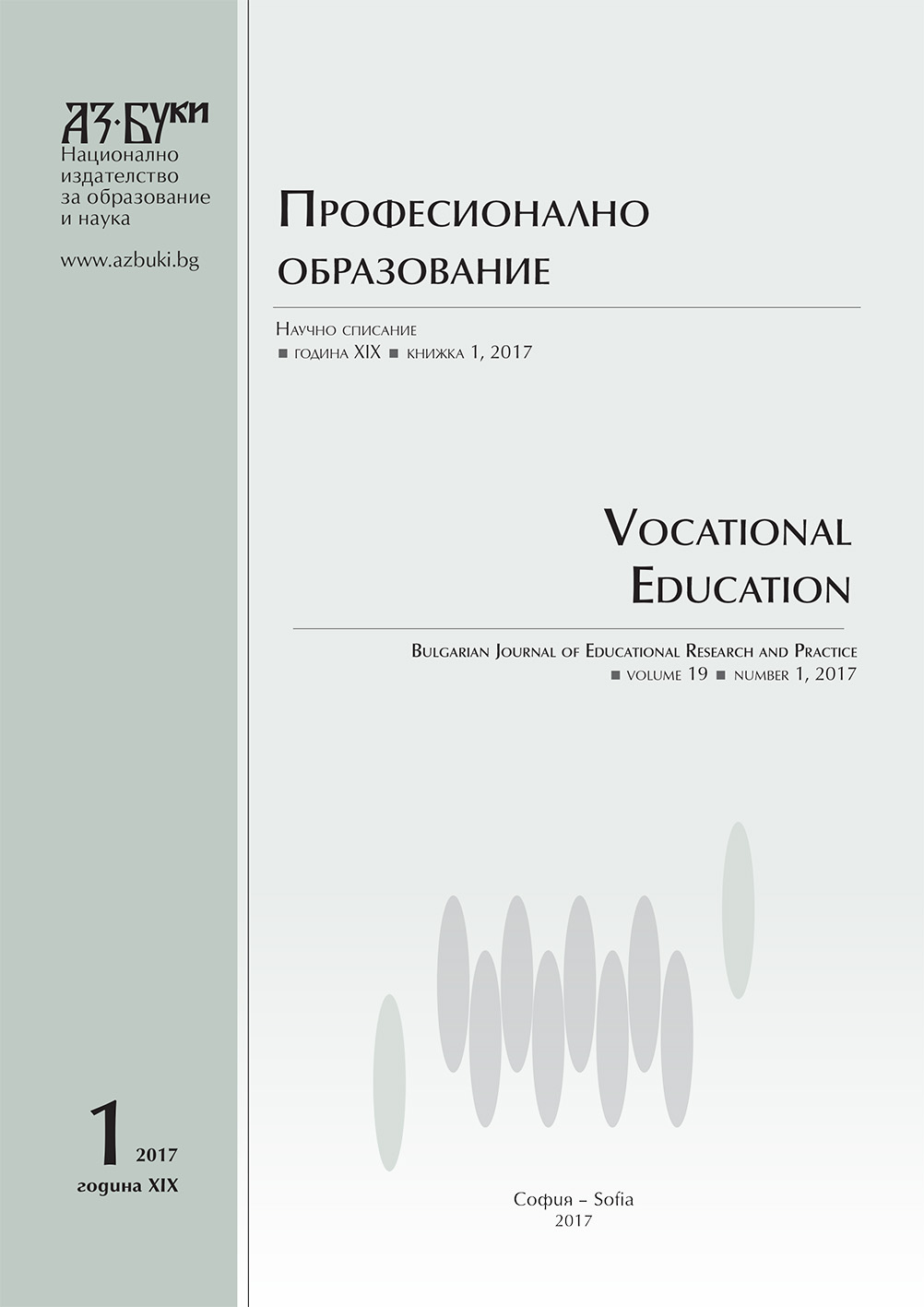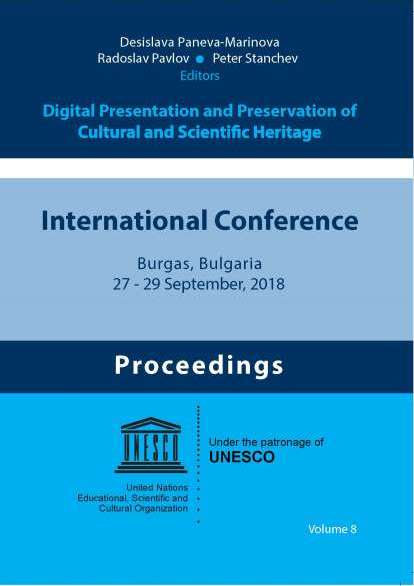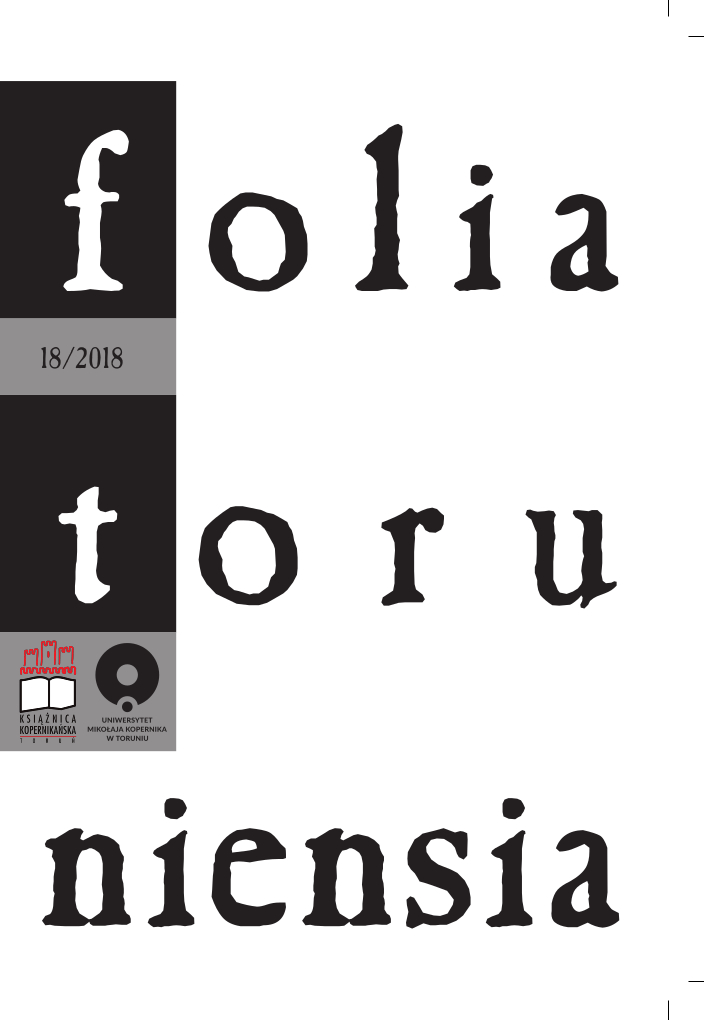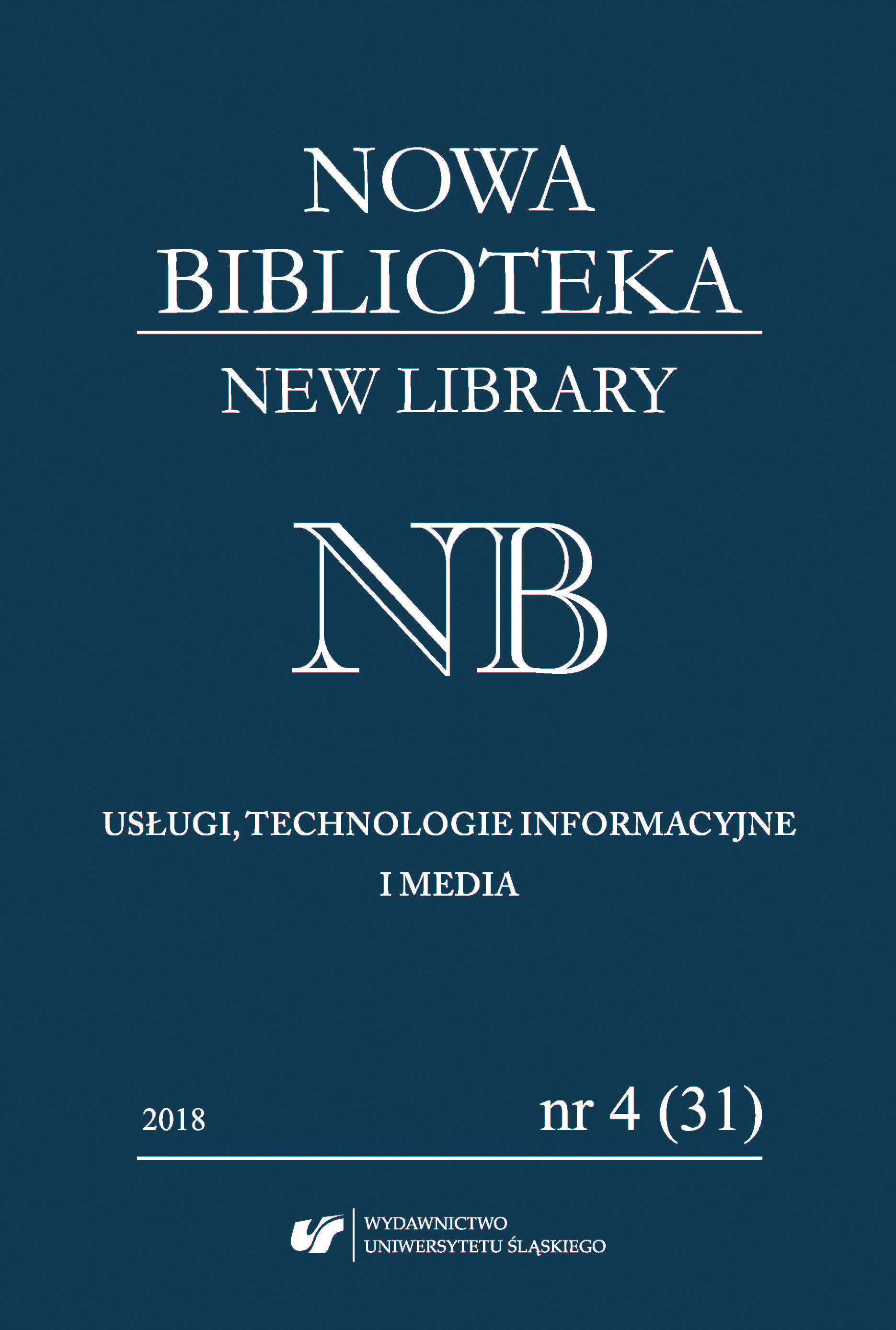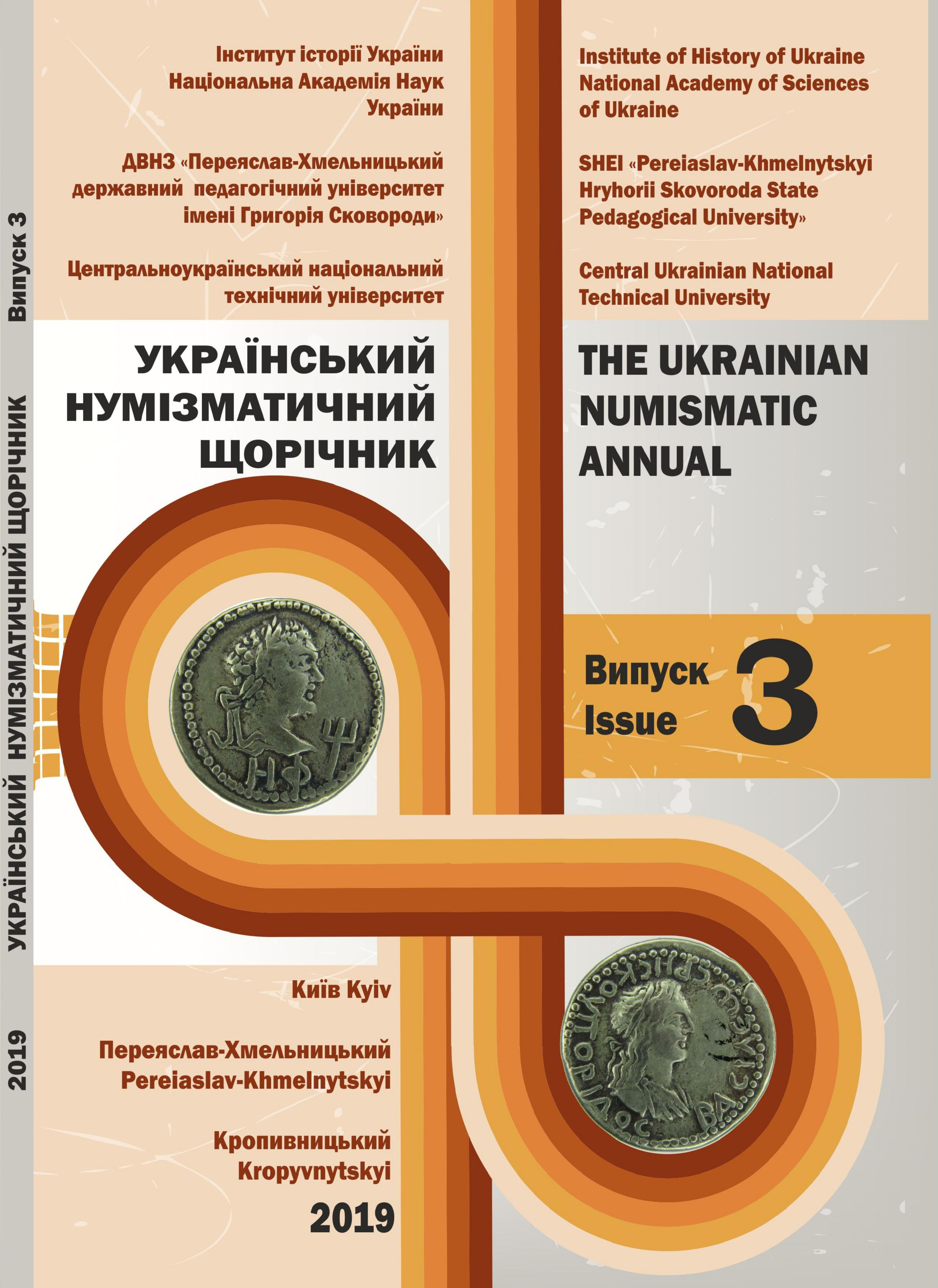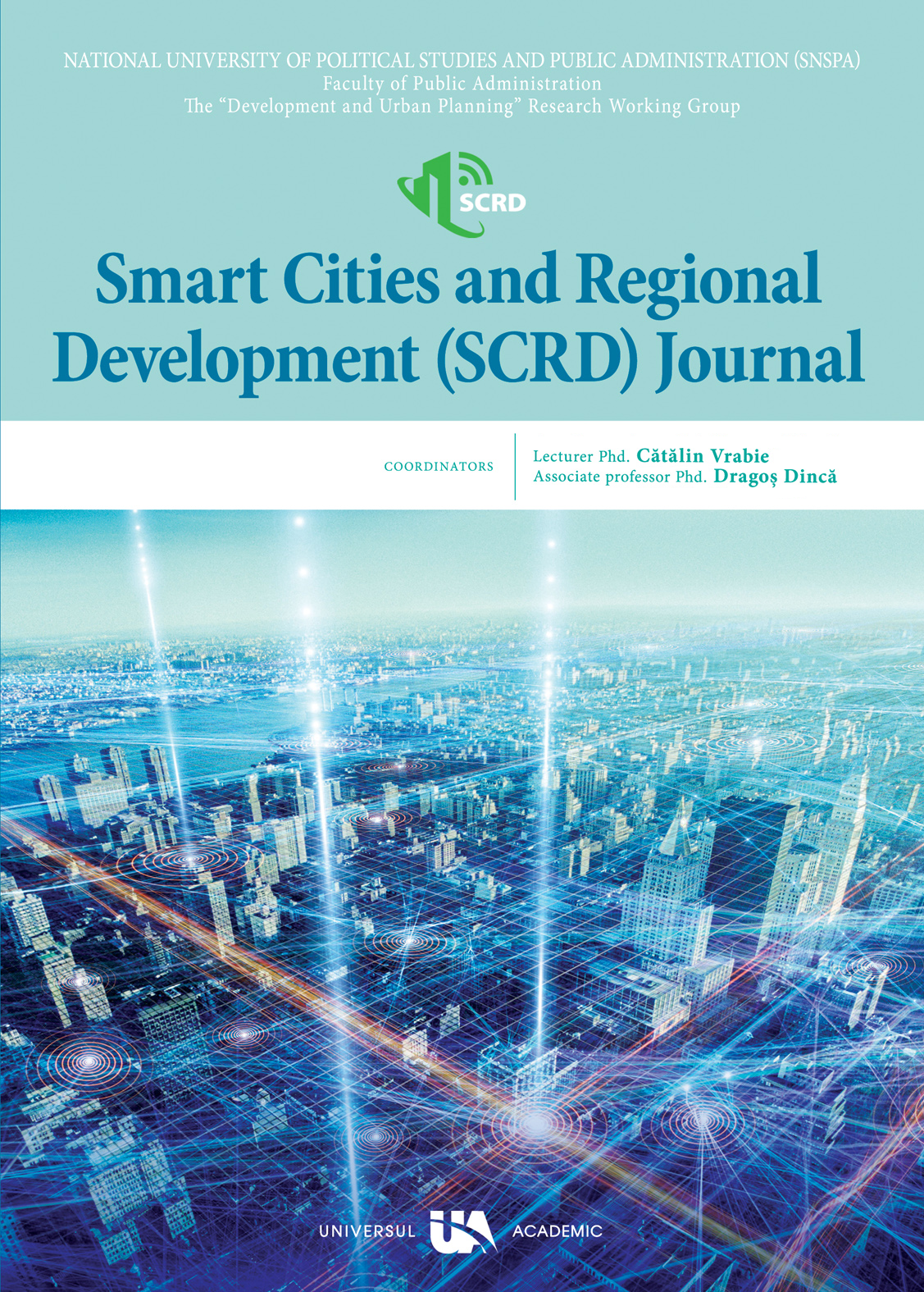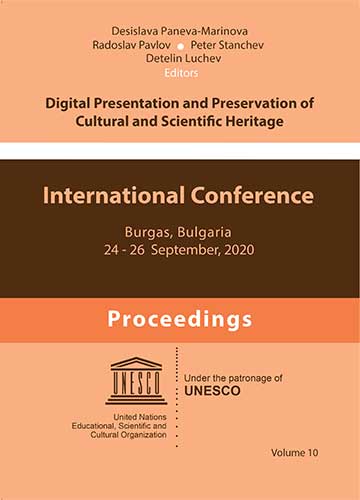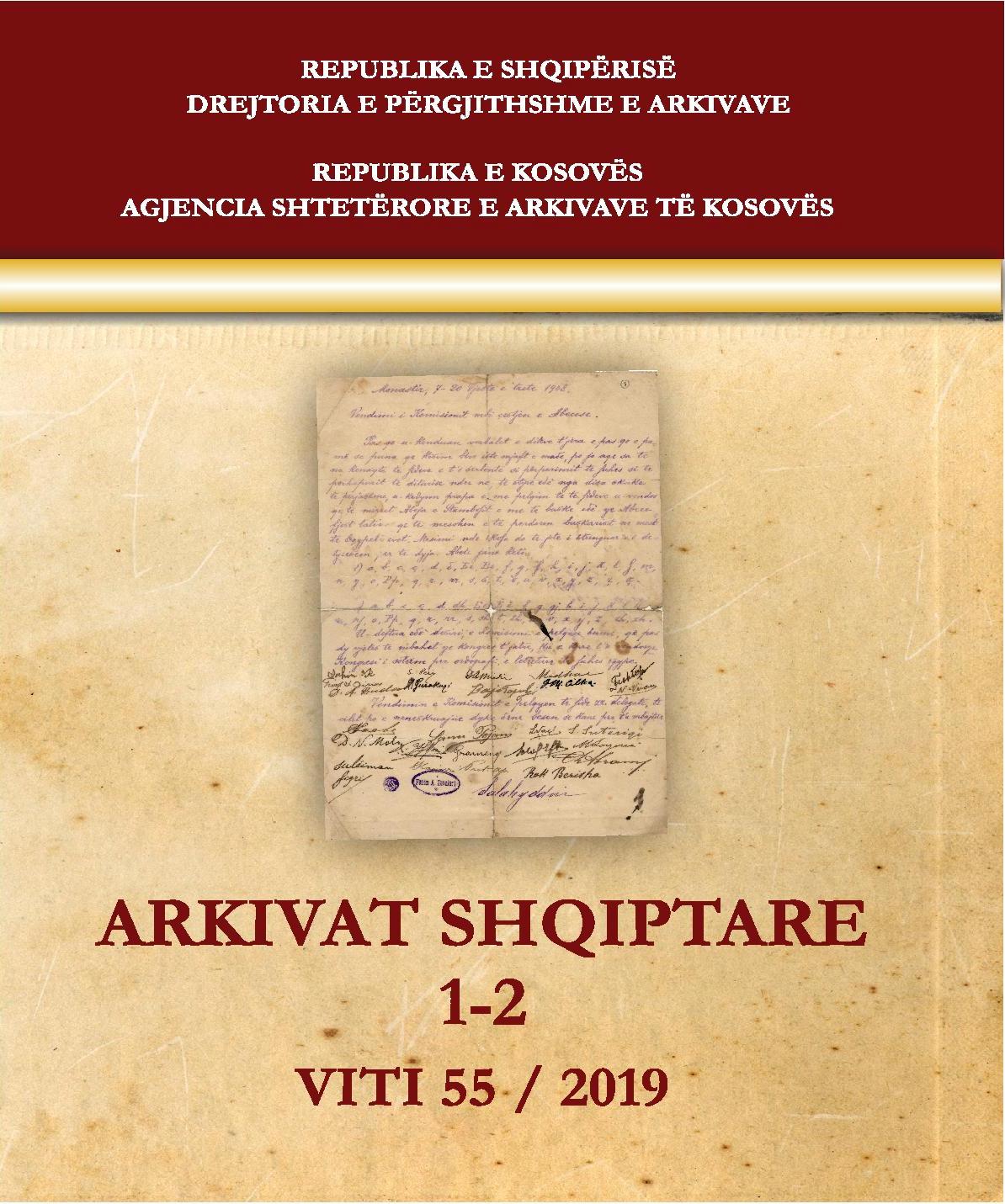Author(s): Ivanna Gurzhiy,Ludmila Demenko / Language(s): Ukrainian
Issue: 3/2019
At the beginning of the XIX century a large-scale merger of numismatists as scholars-professionals and collectors-fans in profile groups. Their activities contributed to the dissemination of knowledge not only in the field of numismatics, but also in general history. Numismatics has passed the centuries-old path of development, and began to be formed from the usual collecting of coins, interest in antiquity. In the Department of Library Collections and Historical Collections Institute of Book Science of the National Library of Ukraine named after. V. I. Vernadsky is currently keeping editions of the second half of the 16th and early 20th centuries concerning numismatics, and in some collections they are even presented in a separate thematic section. For the most part, this edition is from the former library of the Kiev University of St. Volodymyr, the funds of which were transferred in 1925–1927 to the National Library of Ukraine. Among the collections of this book collection, special attention is paid to the edition of numismatics, which is a part of such sections as: the royal library «Collectio Regia» (the book collection of books of the last Polish king Stanislaw August Poniatowski (1732–1798) known in the XVIIIth century) – the fund received in the library of the Kremenets Lyceum, which became the basis of the newly created university college; «Rocks» – a chronologically formed fund for new revenues to the university library, «Divisions» – a fund that has a system-format layout
for the fifteen thematic departments. Numismatic editions of the named chronological period, which are in the royal collection «Regia», are featured in it in a separate thematic section (Reg. VII d 3 – Reg. VII d 189. Numismatics). The vast majority of publications of this thematic department at the time of printing belong to the XVIII century, about 13 – to the XVII century, one to the XVI century, several to the beginning of the ХІХ century. Language of publication: German, French, Italian, Russian. Place of publication: Germany (Berlin, Leipzig, Augsburg, Magdeburg, Brandenburg, Frankfurt, Nyurberg, Hannover, Dresden), France (Paris), Italy (Rome, Venice, Naples, Padua), the Netherlands (Amsterdam), Austria (Vienna), Sweden (Stockholm), Russia (St. Petersburg). Among preserved editions: dictionaries from numismatics, guides for learning antique coins, catalogs of collections, publications on the history of numismatics of individual countries and their rulers, reference multi-volumes for the recognition of ancient coins, works of numismatists of the ХVІІ century: Lawrence Beger, Jean Garduana and other.
More...
